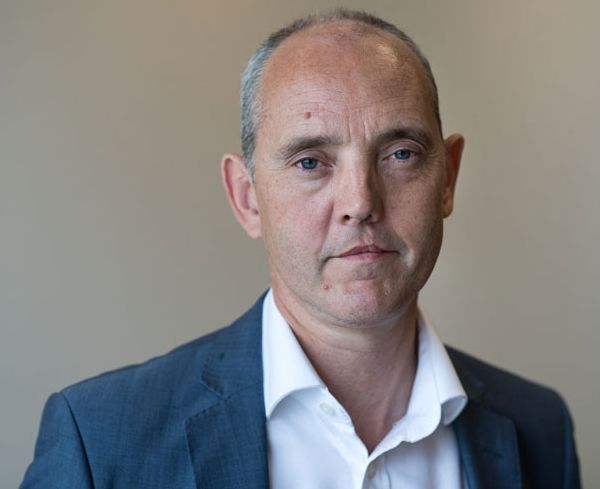Employers and managers need to be more aware of how bereavement can affect employees in the workplace - and how they can support colleagues who are grieving loved ones, a BACP governor has said.
Andrew Kinder spoke about bereavement, grief and loss in the workplace at the National Wellbeing at Work Conference, held at the NEC in Birmingham.
He said ensuring managers had the confidence to support a grieving employee was key to helping people return to work after a death of a family member or friend.
And both counselling and coaching have a role to play.
“As a country, as a culture, we don’t like to have conversations about death. But this is not something we should be avoiding in the workplace,” Andrew told BACP ahead of his talk at the conference.
“When someone suffers a bereavement, they have compassionate leave. But the impact can obviously go well beyond that. It’s likely that how they are feeling may impact on how they are when return to work.
“I know that when it comes to managers having to work out what to do and what to say, it can be very hard, a very sensitive issue. That’s why we need to equip managers with the confidence and the tools so their words and actions can make a positive difference.
Coaching for managers is key
“Coaching for managers is key so they have that reassurance and confidence building opportunity.
“Managers need to be more aware of the need to talk – and of counselling – for people who have been bereaved. But it’s not about rushing into counselling. It can take many months or years to be ready for that.
“But it’s important people know what is out there and can support them.”

Andrew Kinder
Andrew, who was speaking at the conference in his capacity as head of mental health services at Optima Health, said that it was helpful for managers to have an understanding of the grief cycle, and of complicated grief.
But it’s also important to remember that everyone deals with grief in their own way, he said.
People may behave out of character, become more introverted or angry, or overly critical of others.
He said it can be important to recognise this, but also be prepared to intervene if employees behaviour becomes inappropriate or damaging.
Bereavement is not something you ‘get over’
“Don’t assume an employee will immediately be back to performing at the same level they were before the bereavement. Bereavement is not something you ‘get over’, and it may be weeks, months or sometimes even years before someone feels they are fully back to ‘normal’,” he added.
However, the return to work can be a very beneficial part of the grief process, said Andrew, as it helps with a return to routine and normality.
He added: “Work has an important role to play in coping with grief. But people need to come back to an environment that supports them.”
If you want to seek advice or help about bereavement or workplace mental health you can find a BACP counsellor or psychotherapist via our Therapist directory.
